Need For GST Compliance & Software In India
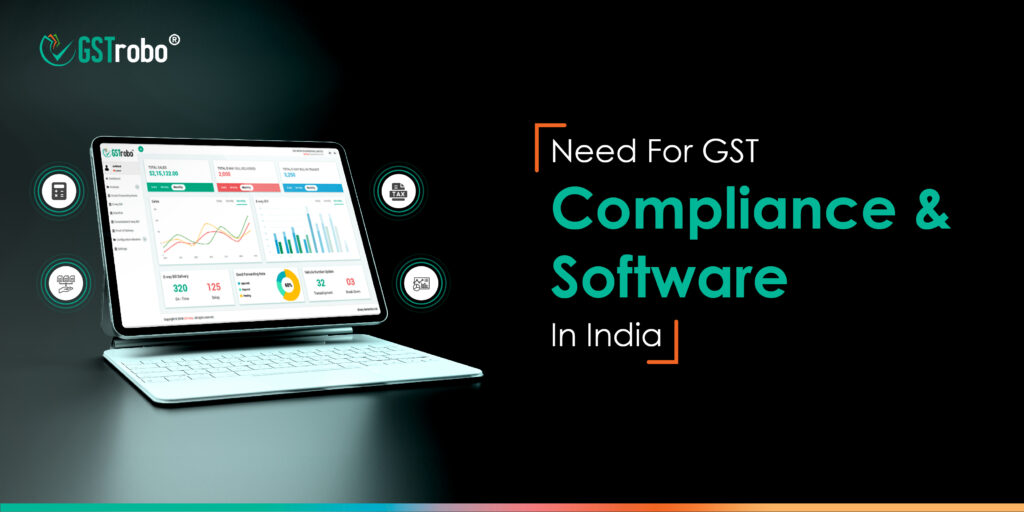
India’s transition to the Goods and Services Tax regime in 2017 marked a significant milestone in its economic journey. With the aim of streamlining the tax structure and fostering a unified market, GST brought about sweeping changes that impacted businesses of all sizes and sectors. Amidst these changes, one crucial aspect emerged – the need for robust GST compliance.
The Quest for an Ideal GST Compliance System
Attempts towards setting up a fair GST compliance system have always been a big challenge for developing countries like India. An ideal tax system is expected to raise necessary and timely revenue for the government without adversely affecting investment decisions or economic activity.
However, it is not an easy task to establish an efficient tax system in a developing country like India where a large number of people are still engaged in the unorganised sector being dominated by cash transactions and where it is difficult to calculate the tax base with any objectivity.
This leads the State to limited options available, distanced from establishing an efficient and ideal tax system. Therefore, after many attempts to reform, we are yet to arrive at a flawless ideal system of Tax.
The principal objective of tax policy in a developing market economy should be to raise revenues in an equitable manner and with minimum unintended changes in relative prices and allocation of resources, as enshrined in the famous canons of taxation; equity, certainty, economy and convenience (Adam Smith, 1776).
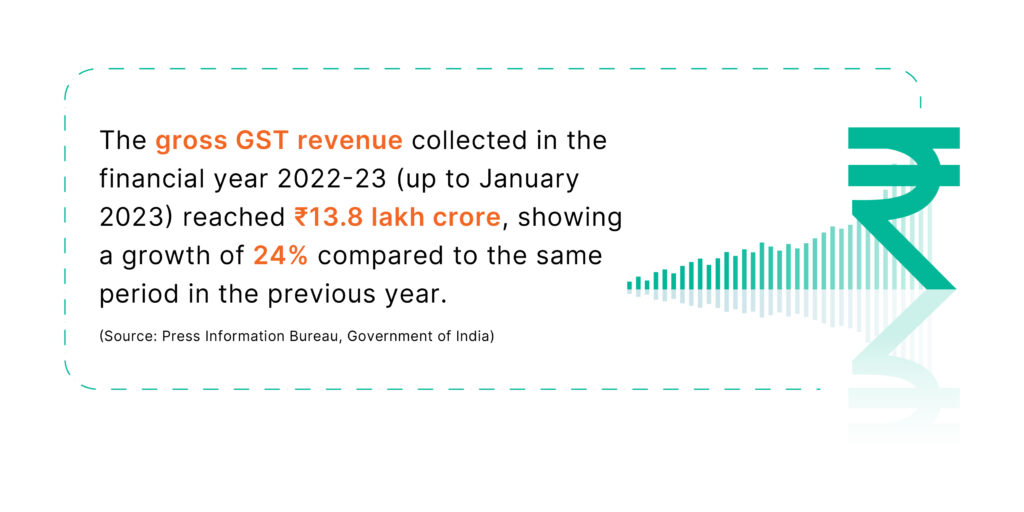
Challenges in Developing GST Compliance System
Tax administrations across the globe face similar kinds of challenges, which are broadening the tax base, promoting voluntary GST compliance, reducing compliance costs, shifting from tax evasion to tax avoidance, and globalisation and entry of multinationals.
Globalisation, cross-border transactions and international trade throw various complicated tax issues, which include Base Erosion and Profit Shifting (BEPS), transfer pricing and arm’s length value of transactions, shifting profits to low-tax or no-tax jurisdictions etc.
Thus, many countries do not get legitimate taxes on value additions made in their respective jurisdictions. This is one of the most burning tax issues globally. The United Nations and G-20 are dealing with this problem and the proposed Pillar 1 and Pillar 2 solution, which includes a global minimum tax rate of 15% and giving some taxation rights to market jurisdictions are part of the proposed solutions, on which the consensus is yet to be developed.
Understanding the Legal Landscape
The foundation of GST compliance lies in its legal framework. The GST Act, along with its rules and regulations, mandates specific requirements that businesses must adhere to. This includes GST registration, filing of GST returns, invoicing guidelines, and maintaining accurate records. Failure to comply with these regulations can lead to penalties, fines, and legal repercussions, underscoring the importance of meticulous adherence to GST norms.
Seamless Business Operations
Beyond mere legal obligations, GST compliance is essential for ensuring seamless business operations. By maintaining accurate records and filing GST returns on time, businesses minimize the risk of disruptions and avoid costly delays. In a competitive market environment, where efficiency is paramount, a streamlined compliance process enables businesses to focus on their core operations without being bogged down by administrative hurdles.
Unlocking Input Tax Credit (ITC)
One of the key benefits of GST compliance is access to Input Tax Credit (ITC). Under the GST regime, businesses can offset taxes paid on inputs against their final tax liability, resulting in significant cost savings. However, to avail of this benefit, businesses must comply with GST regulations diligently.
By ensuring accurate reporting and timely filing of GST returns, businesses can maximize their ITC claims, thereby reducing their overall tax burden and enhancing cash flow.
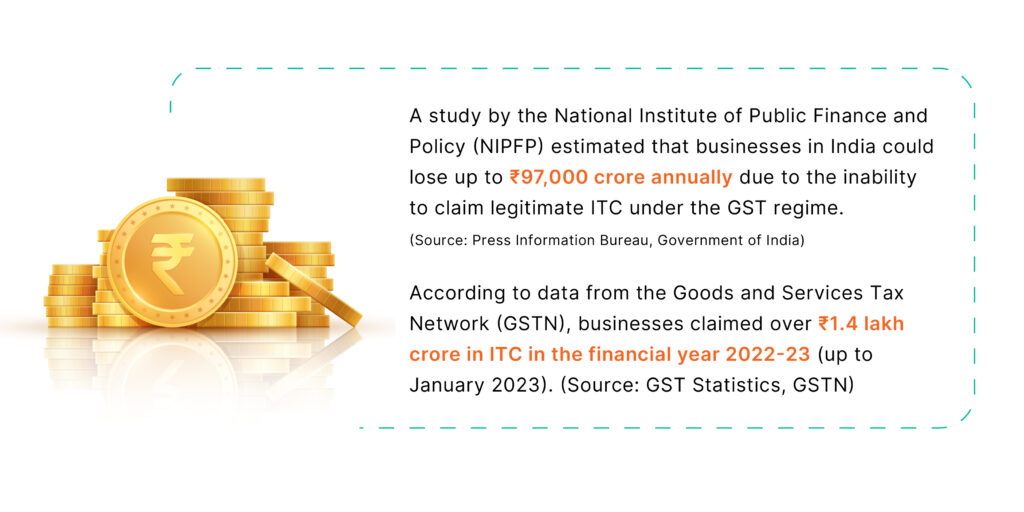
Building Trust and Credibility
Compliance with GST norms goes beyond fulfilling legal obligations; it is a testament to a business’s commitment to transparency, accountability, and good governance. By maintaining a reputation for compliance and integrity, businesses can instill trust among stakeholders, including customers, suppliers, and investors.
In an era where trust is a valuable currency, compliance with GST regulations can be a powerful differentiator. How? Because it sets businesses apart from their peers.
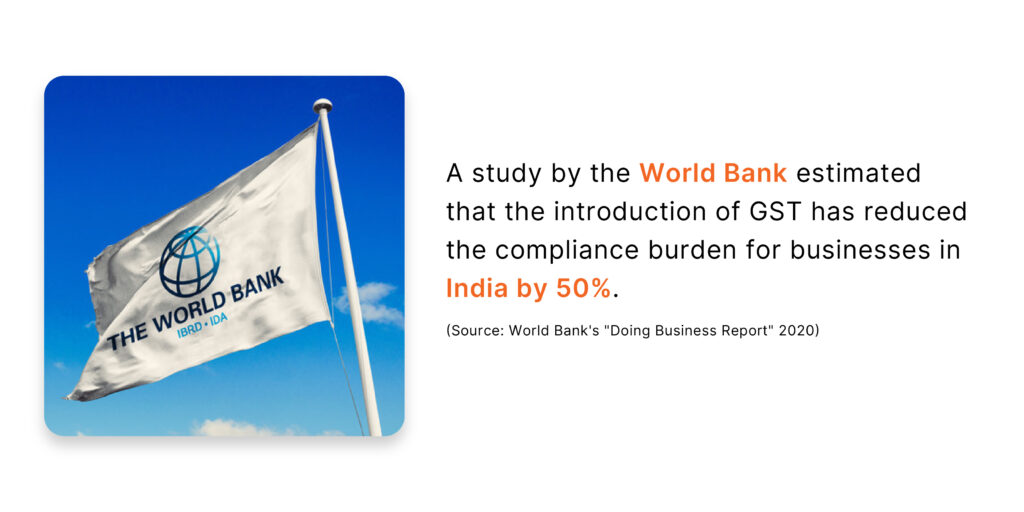
Contributing to National Development
Beyond its immediate benefits for individual businesses, GST compliance plays a pivotal role in driving India’s economic growth and development. By ensuring tax compliance, businesses contribute their fair share to the national exchequer, which in turn fuels government initiatives aimed at infrastructure development, social welfare, and economic reforms.
In essence, compliance with GST regulations is not just about fulfilling legal obligations; it is a collective effort towards nation-building.
Challenges and Opportunities
While the importance of GST compliance cannot be overstated, businesses often face challenges in navigating the complex tax landscape. From understanding the intricacies of GST regulations to ensuring timely compliance, businesses must overcome various hurdles to stay on the right side of the law.
However, amidst these challenges lie opportunities for innovation and growth. By leveraging technology, automation, and professional expertise, businesses can streamline their compliance processes and unlock new avenues for success.
Growth and Taxation
The realization that growth in economy, technology and taxation go hand in hand and the reaching of understanding that simplification and self-compliance promotes harmony and growth in revenue has shaped the manner in which the tax administration of the country is responding to the challenges of the volatile future.
The GST regime has really given a transformative perspective to the Indian economy. The vagaries of the country’s taxation can be positively harnessed if the system-based interventions become the order of the day. A trust-based mutual beneficial relationship defines how various stakeholders interact. The developments in artificial intelligence and machine learning are the taxation regime cannot ignore at its own peril.
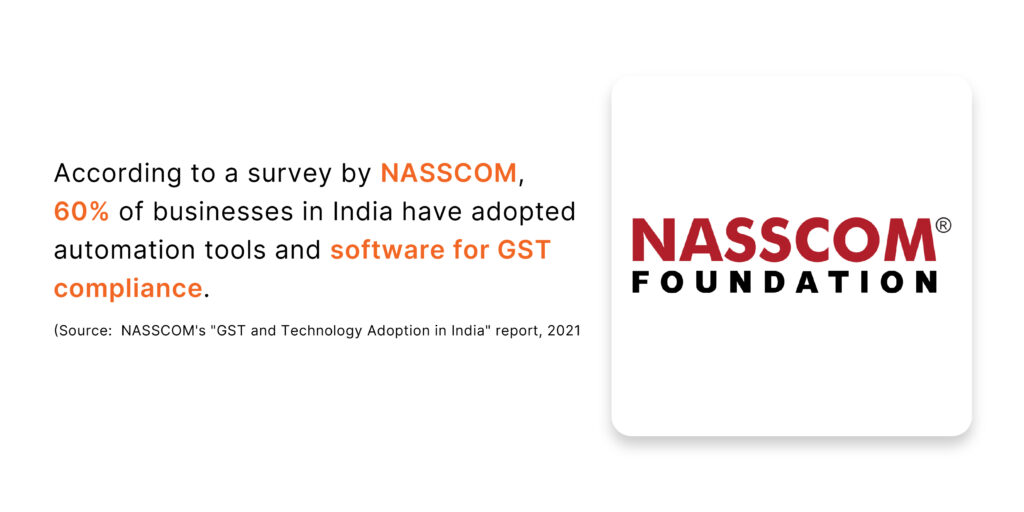
Introducing GSTrobo
In response to the changing realm of GST compliance, GSTrobo emerges as a game-changer for businesses seeking to meet their GST compliance needs effectively. With its innovative software solutions, GSTrobo simplifies the GST compliance process. It allows businesses to navigate the complexities of GST regulations with ease.
From GST return filing and reconciliation to e-way billing and e-invoicing, GSTrobo offers a comprehensive suite of solutions. These solutions are designed to streamline compliance and optimize operational efficiency.
GSTrobo empowers businesses to achieve compliance excellence while driving growth and profitability. How? By harnessing the power of technology, including AI-powered algorithms and cloud-based platforms.
1. Enhanced Efficiency
By automating routine tasks and streamlining processes, GSTrobo helps businesses save time and resources. It allows them to focus on strategic priorities.
2. Improved Accuracy
With built-in validation checks and real-time data synchronization, GSTrobo ensures accuracy and integrity in GST compliance reporting. It greatly minimizes the risk of errors and discrepancies.
3. Cost Savings
By optimizing workflows and reducing manual intervention, GSTrobo helps businesses lower operational costs associated with GST compliance. Leading to significant savings in the long run.
4. Enhanced Compliance
With its comprehensive features and intuitive interface, GSTrobo enables businesses to stay updated with the latest GST regulations. It ensures timely compliance, reducing the risk of penalties and fines.
Conclusion
In conclusion, the need for GST compliance in India is paramount. From legal obligations to operational efficiency, access to tax benefits, and building trust, compliance with GST regulations is essential for businesses to thrive in today’s dynamic business environment.
By embracing GST compliance as a strategic imperative, businesses can navigate the complexities of the tax landscape while contributing to India’s journey towards economic prosperity. As we continue to evolve in the GST era, proactive compliance will remain the cornerstone of sustainable growth and success for businesses across the country.
